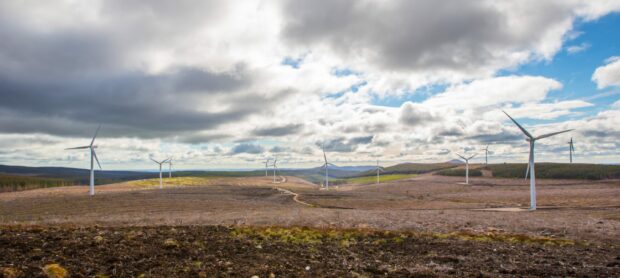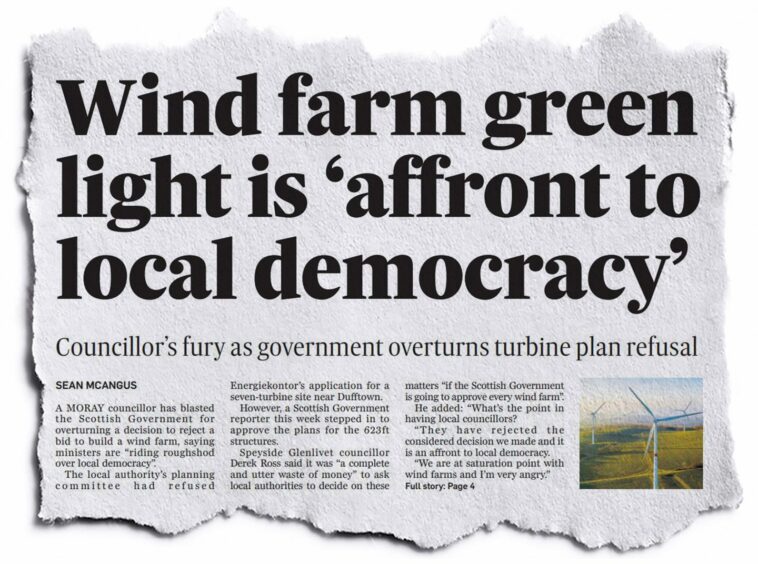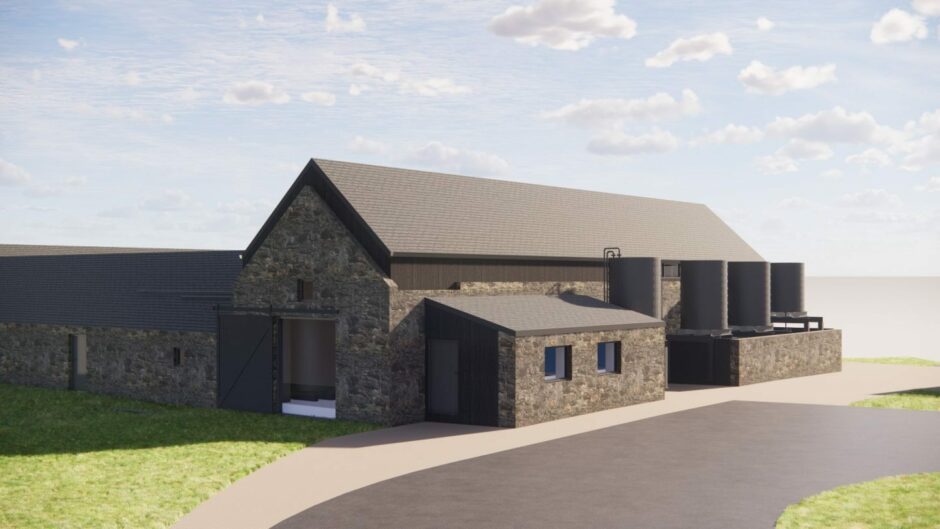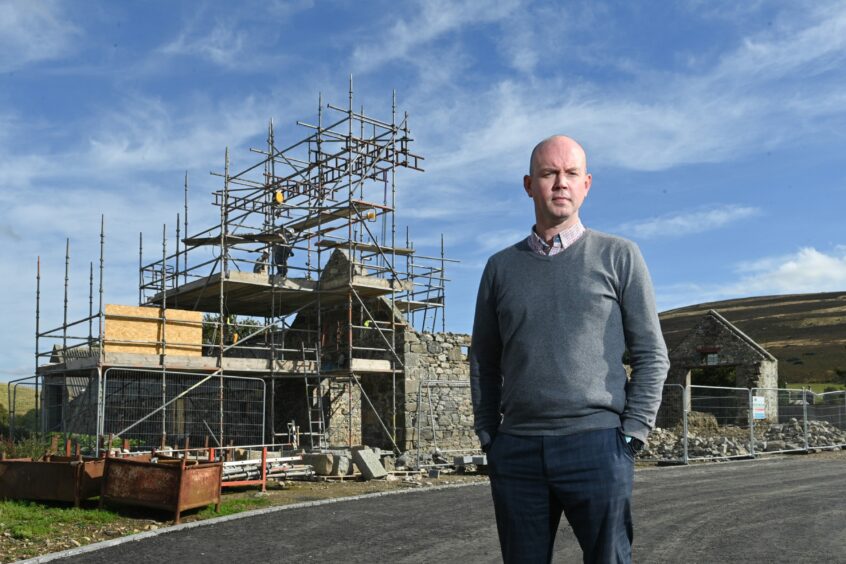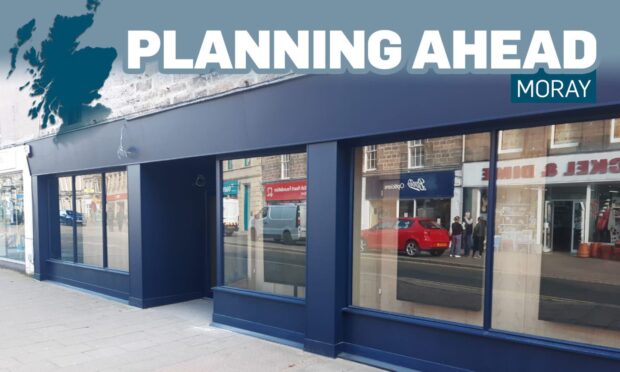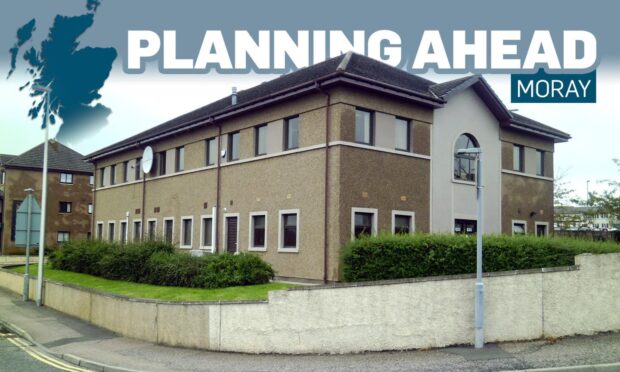Cabrach residents fear widespread local opposition to the Clashindarroch Extension windfarm will likely be ignored.
On Monday, councillors on the planning committee will hear about the plans for 22 turbines in the area.
Officials have noted concerns about the proposal.
However, they have recommended the local authority should not object to the application.
Why do the council recommend this?
Officers say community concerns over landscape and visual impact and cumulative effects are given “limited weight”. This is based on previous appeals when issues were viewed in context of national planning policies and renewable targets.
Neal MacPherson, principal planning officer, added: “No refusal of, or objection to, a large wind energy development in Moray on landscape grounds has
been supported by the Scottish Government in over 20 years.
“Such concerns can still be raised with the Energy Consents Unit and Scottish Ministers without the costly and unproductive participation in a Public Local Inquiry.”
Battle with increasing windfarms
Last September, the Scottish Government was accused of “riding roughshod over local democracy”. They had overturned councillors’ refusal of a seven-turbine Garbet windfarm near Dufftown.
At the time, councillor Derek Ross told us: “It is a complete and utter waste of money all of this, if the Scottish Government are going to approve every wind farm.
“Clearly we are at saturation point with wind farms and I’m very angry this decision was made.”
Concerns about Clashindarroch Extension windfarm
Locals believe the development will have a human, ecological and visual impact on the community.
They have also raised concerns it could seriously effect or prevent other initiatives already underway in the Cabrach.
‘Time for principled stand by councillors’
Cabrach Community Association chairwoman Patti Nelson said: “Moray councillors are our representatives. In truth, they are our principal line of defence against the unrelenting rise of wind farm developments which are blighting our centuries old community here in the Cabrach.
“I am disappointed that Moray Council officers feel powerless to prevent a development which they recognise will be harmful to the local area.
“In short, our local communities are being sacrificed on the altar of national priorities, set by people who neither live in the area nor understand its needs.
“I call on our councillors to stand up for our community before it is too late.
“If ever there was a time to make a principled stand, it surely must be now.”
Jonathan Christie is CEO of the Cabrach Trust. He believes there needs to be a balance.
He said “There must be balance between the Cabrach’s contribution towards a Just Transition and the categoric need to preserve and regenerate what makes the Cabrach, its community, and its special landscape so important.
“The Scottish Government places great emphasis on navigating a “just transition”.
“This is the council’s opportunity to test the high ideals set out in the Scottish Government’s National Planning Framework 4 which rightfully recognise the need for increased renewable energy capacity.
“Whilst placing great importance upon local impact assessments and ensuring that local communities and local voices are properly considered, not allowing one place to be disproportionately impacted.”
Alarm raised at Scottish Parliament over ‘modern day Highland Clearances’
Impassioned question raised by @AJABurnett MSP in parliament last week on behalf of the Upper Deveron Valley community.
“… will @ScotGov give any protection to our rural communities or continue these modern day Highland Clearances and destroy our historic & natural environment” pic.twitter.com/tMeACpKlaI
— The Cabrach Trust (@CabrachTrust) June 20, 2023
MSP Alexander Burnett recently raised concern about the issue at First Ministers Questions.
He said: “This is an unjust transition costing local communities, historical sites and the environment.
“Rural communities are powerless to stop these modern day Highland Clearances.”
A Moray Council spokeswoman said they were a consultee on applications of this scale.
She added: “Moray Council considers the merits of the development against planning policy.
“We are not in a position to consider representations from the community as those representations should be made directly to the Energy Consents Unit, who, as the decision-making body, will take them into account as part of their decision-making process.”
